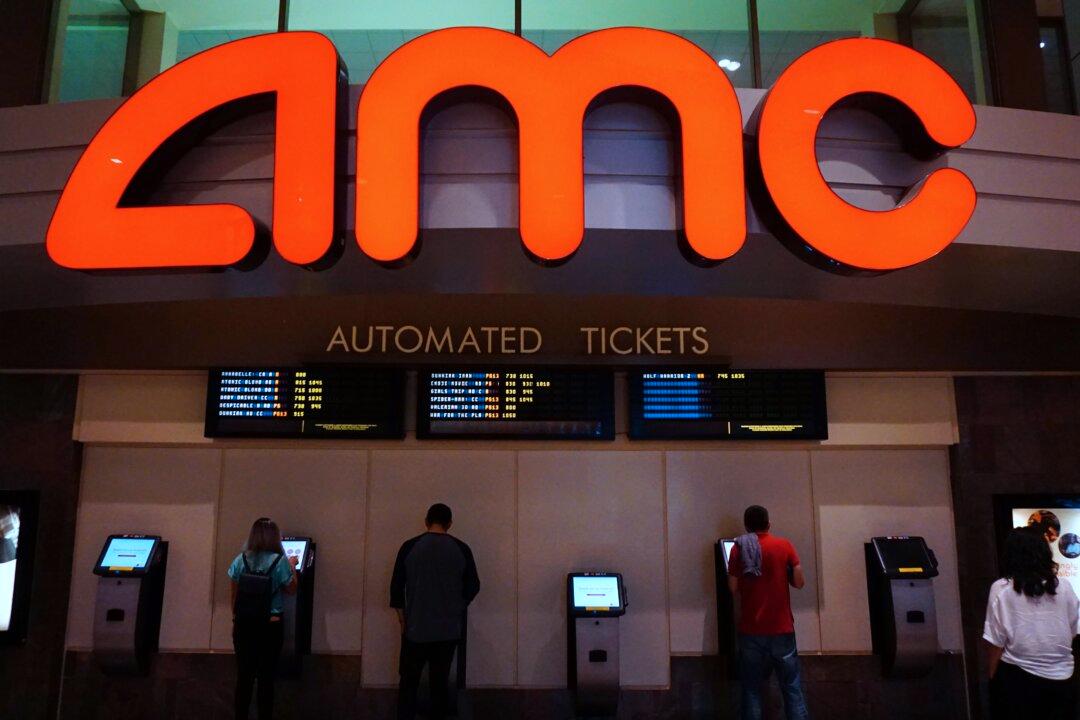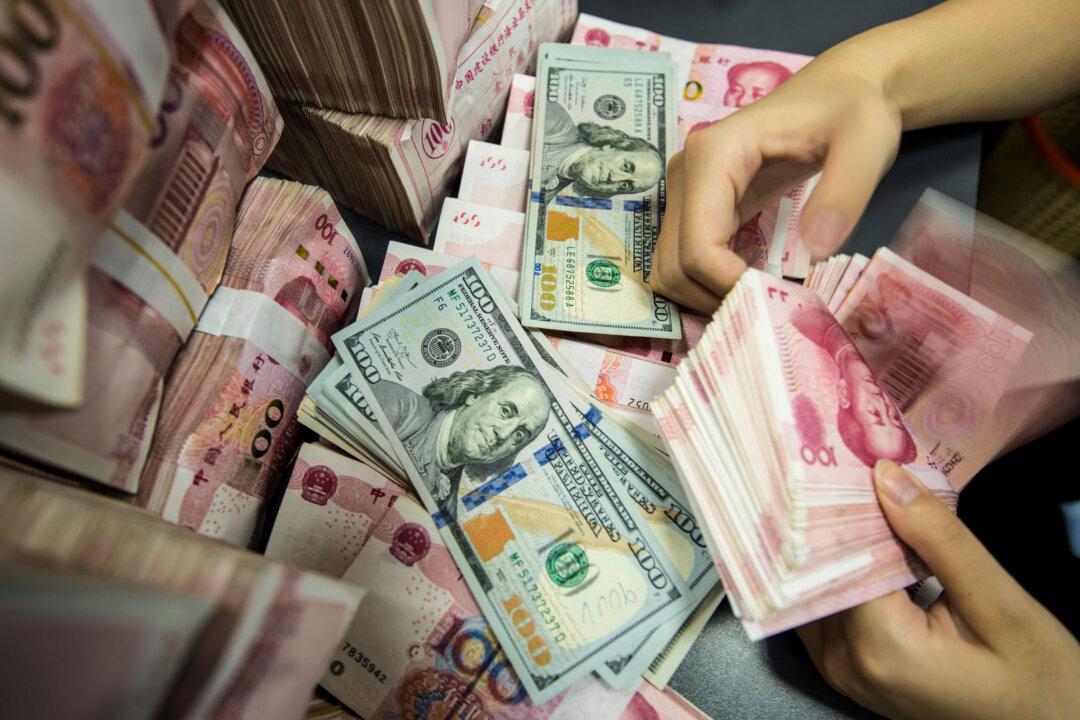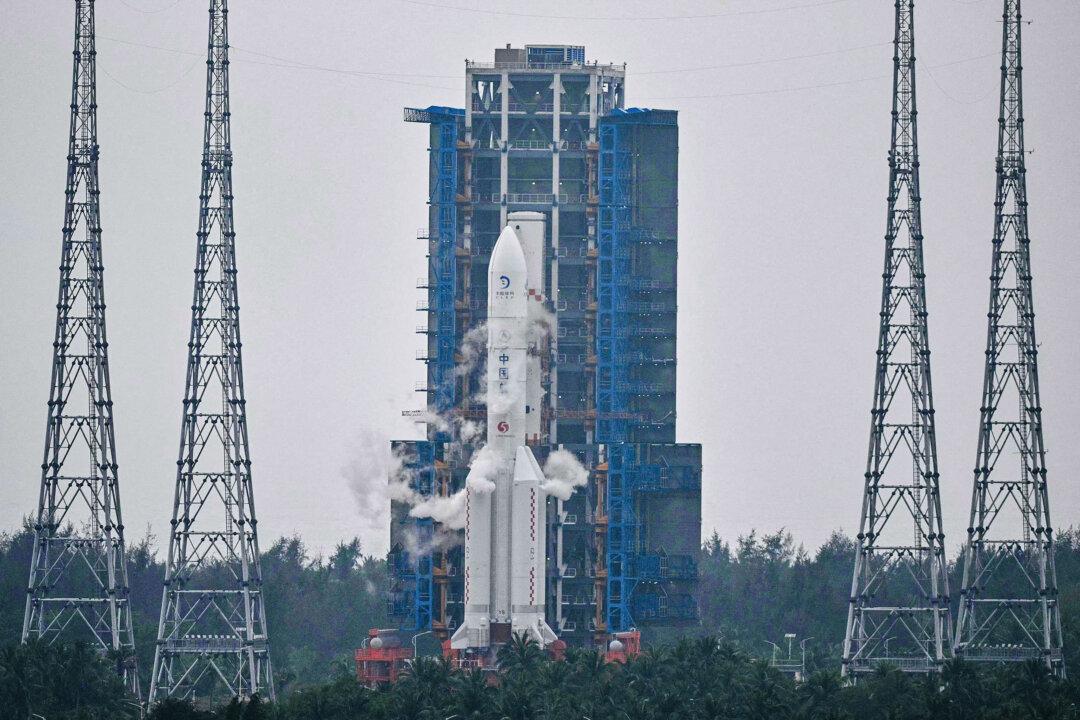Commentary
The 2019 Frant Gwo film “The Wandering Earth II” is the sequel to China’s first domestic sci-fi blockbuster. Based on the award-winning sci-fi novel “The Three-Body Problem” by Chinese science fiction writer Liu Cixin, the plot follows a group of young people attempting to save the Earth from a planetary disaster.





